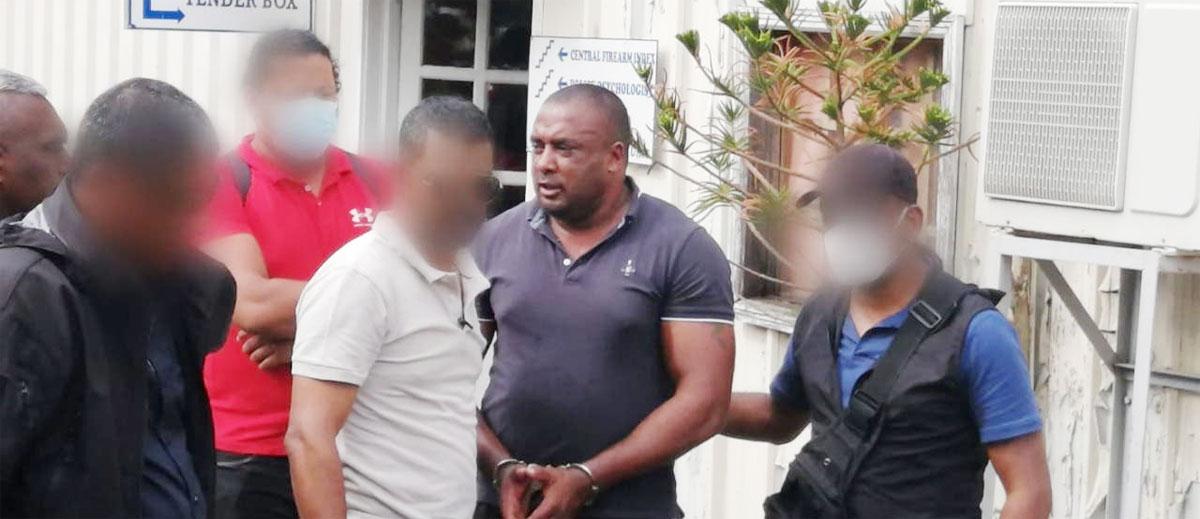
Africa-Press – Mauritius. Mauritius will join the group of countries that have legalised the use of cannabis for therapeutic purposes only through the amendments to the Dangerous Drug Act of 2000.
While medically authorized and controlled access to cannabis is a step in the right direction, there has been no movement to consider legalising the use of low-cannabinoid plant varieties or their commercially available derivatives either for personal, recreational usage or as a tool to curb the scourge of synthetics, as yet.
Lex provides his views on the legal aspects and comments on the recent high-profile cases of cannabis seizures and the speculations that have been rife about those criminal arrests and charges.
* The 2020 report of the Global Commission on Drug Policy states that the ‘hundreds of thousands of people (who) have died, considered collateral victims of prohibition.
represent the price paid for a policy that has only enriched and empowered criminal organizations, fuelled corruption and money laundering, and contributed to the increase of trafficking, the number of trafficking routes and networks.
’ Does this strike a chord with what obtains in our small island as well – despite the best efforts of successive governments?
It is well known that prohibition may make drugs more attractive, especially to young people, and the more prohibition there is, the more attracted people get to the use of drugs. It all starts as a pleasure activity among friends and ends in tragedy.
The policy of prohibition and the noisy publicity on the seizure of drugs or the big talks about breaking the back of drug barons are leading nowhere except to turn the country into an island of drug consumers with fatal consequences for some.
* With the amendments being brought to the Dangerous Drugs Act, in line with the recommendations of the Commission of Inquiry on Drug Trafficking (2018), Mauritius will join the group of countries that have legalised the use of cannabis for therapeutic purposes only.
It’s a first shift away from the policy of repression, but that does not mean that the war on drugs will be won with this policy change, isn’t it? There is no policy guidelines regarding the sentencing of convicted persons.
For the same offence an accused may receive a heavy prison sentence before one magistrate and another one obtaining a lighter sentence from another magistrate. The same goes for drug offences. The amendments brought to the law concerns only the use of drugs for therapeutic purposes.
What about those drug users who do not need the drug for therapeutic purposes because they are hooked on drugs and need to get their regular doses? How will a therapeutic measure help such consumers? By not sending them to jail and trying to provide treatment to them will no doubt help, but will that be sufficient to curtail drug trafficking?
* The Dangerous Drugs (Amendment) Bill does not go in the direction of decriminalising people who use drugs.
In fact, it refers to “. . . a person. . . suspected of having committed a drug offence for his personal consumption”. Are there however good reasons, based on evidence, to support the decriminalisation of recreational cannabis as well?
Decriminalization of drugs will only mean that there will be a control on drugs in the sense that the legal system will still be supervising the possession and consumption of drugs. Decriminalizing the use of drugs does not mean that people will have a free license and a total freedom to possess and use drugs
* What about the attitude of our courts towards consumers of drugs for recreational purposes such as cannabis? Aren’t these low-level and nonviolent consumers of “soft drugs” being unfairly punished by society and our justice system?
The Dangerous Drugs Act forbids the use of prohibited drugs for any purpose. The offence is there, and the use of a prohibited drug for recreational, religious or social purpose is punishable. It is as simple as that.
For More News And Analysis About Mauritius Follow Africa-Press






